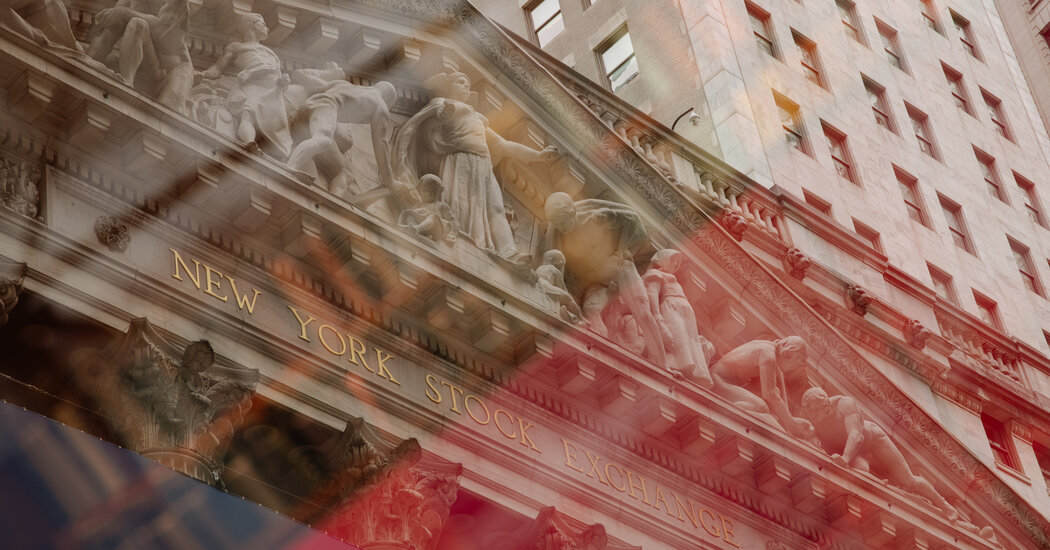
But the downdraft has sunk the share prices of companies that represent innovation and the future, too; Amazon is down more than 30 percent since the start of the year and Alphabet, Google’s parent, is off about 20 percent, as investors rethink those companies’ real value.
Virtually no stocks have been spared from losses. The market decline has “gone on and on, and it’s depressing,” Ms. Hill said.
Perhaps no one understood that emotional symbolism of the market better than Mr. Trump.
“The reason our stock market is so successful is because of me,” Mr. Trump said in November 2017 — one of many statements in which he boasted about rising stock prices or publicly pressured the Fed to further lower interest rates to juice the economy.
Early in the pandemic, in April 2020 — with stores, offices and churches shut, children marooned at home attempting remote school, and morgues running out of space for virus victims — Mr. Trump tweeted that the United States had “the biggest Stock Market increase since 1974.”
While a majority of Americans have some money invested in the stock market, it remains a rich person’s game. According to an analysis by the New York University economics Professor Edward Wolff, the top 5 percent of American wealth holders own 72 percent of all stocks.
But the stock market’s symbolic value matters. “It’s the one story that makes the news every night,” said Richard Sylla, a professor emeritus of economics at New York University’s Stern School of Business.
Is the market up or down? Are we winning or losing today, this week, this year, this presidency?
On Friday, the University of Michigan’s consumer sentiment index fell lower than expected, a drop that some economists attribute partly to stock market losses. The index is now 13 points below the low when Covid first hit, noted Ian Shepherdson, chief U.S. economist at Pantheon Macroeconomics. Such deep pessimism “suggests that people have short memories,” Mr. Shepherdson wrote in a research note.




